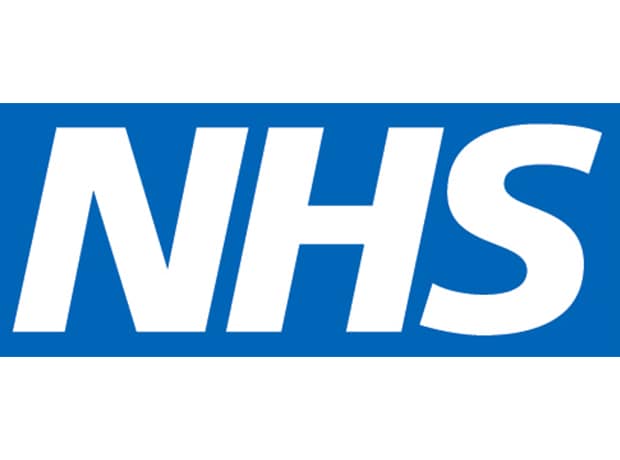93% of people suspected by GPs to have cancer should be seen by a specialist within two weeks but this has fallen to just 75%
The latest NHS data reveals that waiting times for cancer care in England have reached the longest on record, with seven out of nine cancer waiting time targets failing to be met – falling to their worst ever level.
Tens of thousands of patients every month are waiting for extended periods to see a specialist or begin treatment. 152,093 of the 202,816 patients GPs referred to hospital were seen within two weeks, however, another 50,723 – as many as one in four – were not.
Typically, 93% of people suspected by GPs to have cancer should be seen by a specialist within two weeks of their urgent referral, however, January 2022 saw just 75% of these individuals seeing specialists within that time frame. This figure is the lowest proportion on record.
Answering the current crisis faced by the NHS, health secretary Sajid Javid announced the ‘Right to Choose’ in a speech at the Royal College of Physicians. This announcement has already faced criticism from healthcare professionals.
“Much of the speech considered how to ensure the best use of resources in the NHS,” Dr Chaand Nagpaul, Chair of Council for the British Medical Association, warned. “This must involve investing in the NHS which is far more efficient than private providers.”
The data also revealed that the number of people waiting for operations including hip replacements has risen to over 6.1 million. This is another record high and almost 24,000 of these patients have been waiting for over two years.
“It should be totally clear by now that having to rely on the private sector to deliver NHS services too often represents very poor value for money for taxpayers, with several private providers having failed in the past resulting in them closing their doors to patients,” Dr Chaand Nagpaul continued. “We should also be wary of private providers bidding for contracts which cherry-pick low risk patients while being unable to provide comprehensive care for those with more serious and complex needs.”
In February 2022 there were 460,000 emergency admissions, which were also up 15.6% on the preceding 12-month period.
“The right long-term strategy is proper investment in the NHS infrastructure and the Government must ensure that contractual arrangements for independent providers are transparent, so public resources are not wasted on providers that do not deliver,” concluded Dr Chaand Nagpaul.










